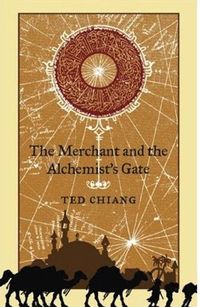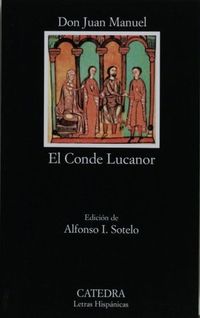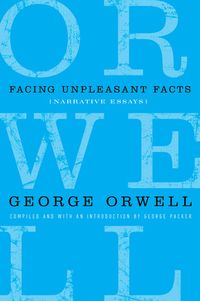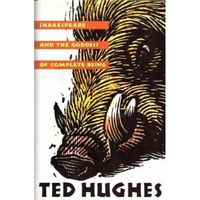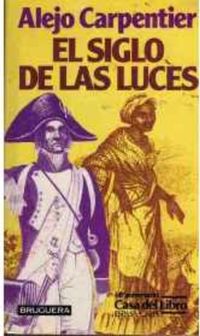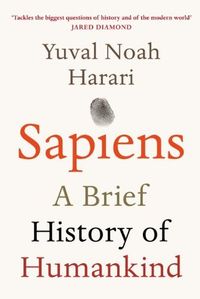
Sapiens: A Brief History of Humankind
A Sociology, Psychology, Science book. How can we distinguish what is biologically determined from what people merely try to justify through biological myths? A good...
100,000 years ago, at least six human species inhabited the earth. Today there is just one. Us. Homo sapiens. How did our species succeed in the battle for dominance? Why did our foraging ancestors come together to create cities and kingdoms? How did we come to believe in gods, nations and human rights; to trust money, books and laws; and to be enslaved by bureaucracy, timetables and consumerism? And what will our world be like in the millennia to come? In Sapiens, Dr Yuval Noah Harari spans the whole of human history, from the very first humans to walk the earth to the radical – and sometimes devastating – breakthroughs of the Cognitive, Agricultural and Scientific Revolutions. Drawing on insights from biology, anthropology, paleontology and economics, he explores how the currents of history have shaped our human societies, the animals and plants around us, and even our personalities. Have we become happier as history has unfolded? Can we ever free our behaviour from the heritage of our ancestors? And what, if anything, can we do to influence the course of the...
Download or read Sapiens: A Brief History of Humankind in PDF formats. You may also find other subjects related with Sapiens: A Brief History of Humankind.
- Filetype: PDF
- Pages: 466 pages
- ISBN: / 0
S1-lyKYOFwZ.pdf
More About Sapiens: A Brief History of Humankind
How can we distinguish what is biologically determined from what people merely try to justify through biological myths? A good rule of thumb is Biology enables, Culture forbids. Biology is willing to tolerate a very wide spectrum of possibilities. Its culture that obliges people to realize some possibilities while forbidding others. Biology enables women to have children some cultures oblige women to realize this possibility. Biology enables men to enjoy sex with one another some cultures forbid them to realize this possibility. Culture tends to argue... Ever since the Cognitive Revolution, Sapiens have thus been living in a dual reality. On the one hand, the objective reality of rivers, trees and lions; and on the other hand, the imagined reality of gods, nations and corporations. As time went by, the imagined reality became ever more powerful, so that today the very survival of rivers, trees and lions depends on the grace of imagined entities such as the United States and Google. Yuval Noah Harari, Sapiens: A Brief History of Humankind We study history not to know the future but to widen our horizons, to understand that our present situation is neither natural nor inevitable, and that we consequently have many more possibilities before us than we imagine. Yuval Noah Harari, Sapiens: A Brief History of Humankind
The trajectory of our species according to this book can be traced as a succession of three revolutions: the cognitive revolution (when we got smart), the agricultural revolution (when we got nature to do what we wanted), and the scientific revolution (when we got dangerously powerful). The author Mr Harari predicts that humanity will... To be fair: 2.5 stars, solidly in the middle of a "stinking rotten book" and "exceptionally brilliant". To do as Harari does, I speak only "generally" when I say this is a nice little synopsis of Anthropology One OH One, Physical and Cultural, with a lean towards the Cultural. In Ancient Days, when I was in First Year Anthro, I had... A Brief History of the Right QuestionsAt the 16th Century, Peter Bruegel the Elder has painted his Landscape with the Fall of Icarus: a farmer works in the field, ships sail by and at the bottom, at the corner, almost invisible, Icarus falls to the sea. The Icarus Myth is remembered for thousands of years; the farmer in the painting...
